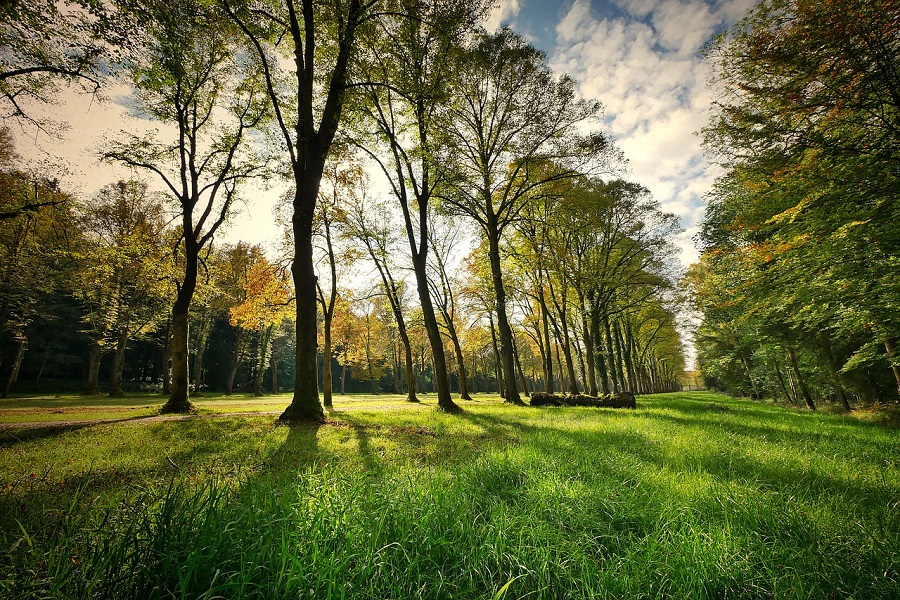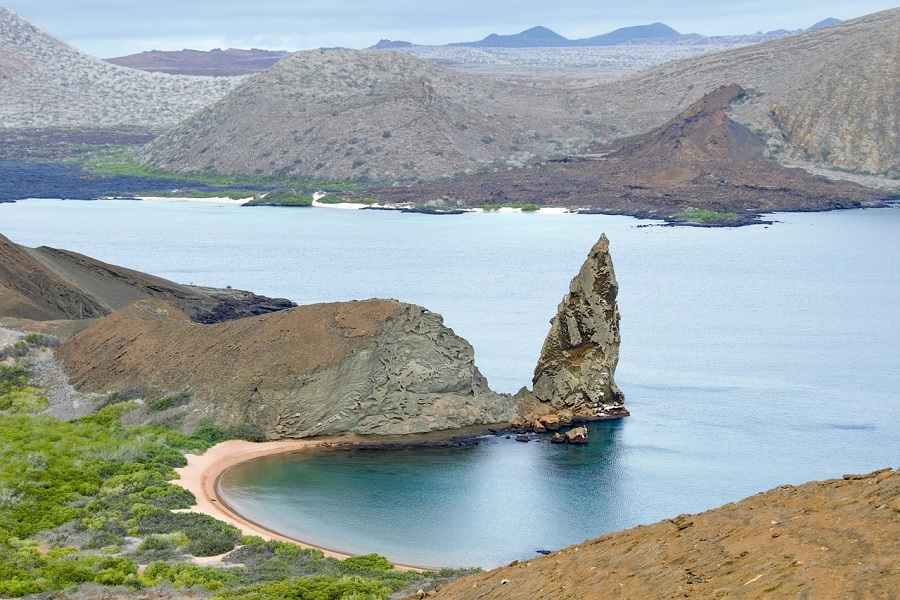Eco 2.0: The Rise of Conscious Travel in 2025

As we journey deeper into 2025, a quiet revolution is reshaping the way we explore the world. Say hello to Eco 2.0—a new era of conscious travel where sustainability meets soulfulness, and every step taken is mindful, meaningful, and mission-driven.
Gone are the days when ecotourism meant simply avoiding plastic or choosing a tent over a hotel. Today’s eco-travelers are explorers with a purpose. They care about the planet, local people, and their personal impact—and they're redefining the tourism industry.
1. Regenerative Travel: Heal While You Explore
Regenerative travel goes a step beyond sustainability—it actively improves the ecosystems and communities visited. Whether you're helping reforest Himalayan valleys, rebuilding coral reefs in the Maldives, or supporting women-run eco-lodges in Kenya, this trend turns tourism into a tool for healing.
2. Carbon-Light Journeys: The Low-Emission Way
Eco-travelers now prefer carbon-light adventures—from exploring by bicycle and e-scooter to sleeping in solar-powered lodges. Travelers are also offsetting their emissions through verified carbon credit programs, ensuring that their wanderlust doesn’t cost the Earth.
3. Nature + Wellness: The Eco-Wellness Escape
The pandemic era emphasized well-being, and now, travelers are combining mental wellness with green experiences. Think forest bathing in Japan, yoga retreats in Kerala’s backwaters, and silent treks through Bhutanese mountains—where the environment nurtures your mind and body.
4. Community-Led Eco-Tourism
2025 has seen a surge in community-powered travel experiences. Indigenous tribes, village collectives, and rural women’s groups are offering authentic stays and storytelling tours. It's a powerful blend of cultural preservation and sustainable income generation.
5. Biodiversity Adventures: Traveling for Conservation
Travelers are becoming citizen scientists—joining birdwatching trails, wildlife monitoring projects, and marine conservation camps. Whether it's spotting endangered snow leopards in Ladakh or assisting turtle hatchlings in Odisha, travelers are supporting biodiversity firsthand.
6. Urban Eco-Revolutions
Cities are embracing sustainability too. Electric tuk-tuks in Delhi, rooftop gardens in Bangkok, urban forest projects in Nairobi—urban ecotourism proves you don’t need to escape to the wild to be green. Smart, sustainable cities are now part of the eco-itinerary.
Why Eco 2.0 Matters:
Eco 2.0 is a mindset shift. It's about replacing checklist tourism with meaningful engagement. It values slowness, authenticity, and respect—for nature, for culture, and for future generations.
Whether you're a digital nomad planting trees, a couple volunteering in a mangrove reserve, or a family exploring clean-energy camps—Eco 2.0 is travel with heart.




















